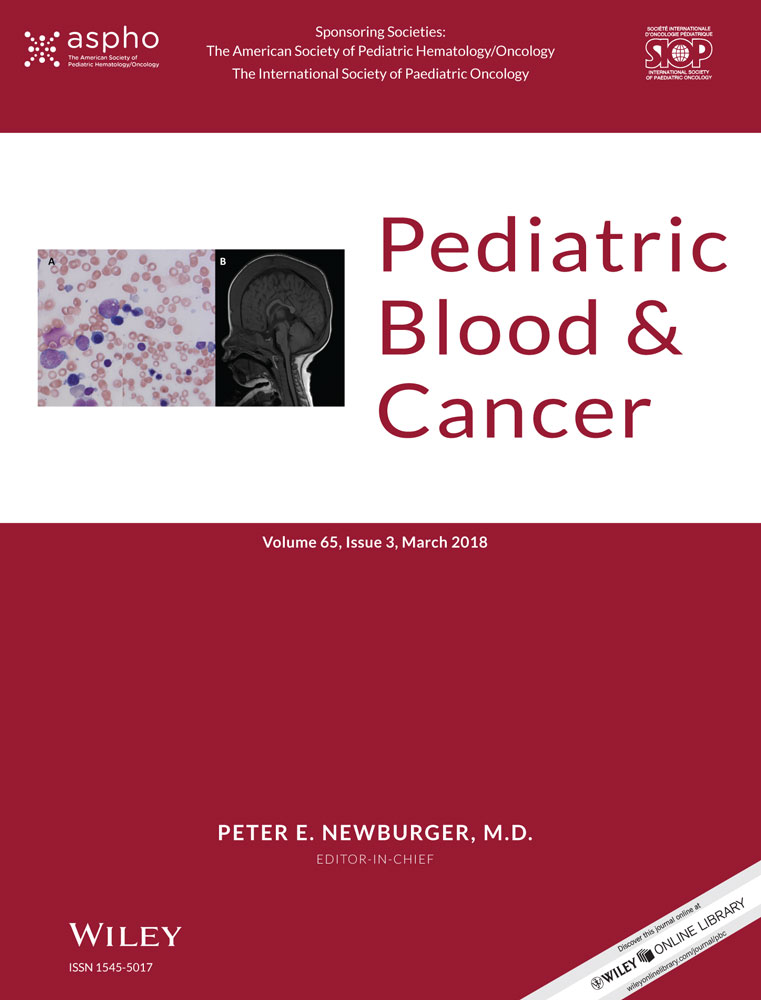Long-term evidence that a pediatric oncology mentorship program for young investigators is feasible and beneficial in the cooperative group setting: A report from the Children's Oncology Group
Funding information: Grant sponsor: NIH-Statistics and Data Center; Grant number: U10CA098413; Grant sponsor: Chair's Grant; Grant number: U10CA09543; Grant sponsor: NCTN Operations Center; Grant number: U10CA180886; Grant sponsor: NCTN Statistics & Data Center; Grant number: U10CA180899.
Abstract
Background
Mentorship of junior faculty is an integral component of career development. The Children's Oncology Group (COG) Young Investigator (YI) Committee designed a mentorship program in 2004 whose purpose was to pair YIs (faculty ≤10 years of first academic appointment) with a senior mentor to assist with career development and involvement in COG research activities. This study reports on the committee's ability to achieve these goals.
Procedure
An online survey was sent to YIs who were registered with the program from 2004 to2015, assessing three major domains: (1) overall experience with the mentor pairing, (2) satisfaction with the program, and (3) academic accomplishments of the mentees.
Results
The response rate was 64% (110/171). Overall, YIs rated the success of their mentorship pairing as 7.2 out of 10 (median) (25th, 75th quartile 3.6, 9.6). The direct effects of the mentorship program included 70% YIs reporting a positive effect on their career, 40% reporting any grant or manuscript resulting from the pairing, 47% forming a new research collaboration, and 43% receiving appointment to a COG committee. Respondents reported success in COG with 38% authoring a manuscript on behalf of COG and 65% reporting a leadership position including seven current or past COG discipline chairs and 20 study chairs. Finally, 74% of respondents said they would consider serving as mentors in the program in the future.
Conclusion
The COG YI mentorship program has been well received by the majority of the participants and has helped to identify and train many current leaders in COG.
CONFLICT OF INTEREST
The authors declare that there is no conflict of interest.




